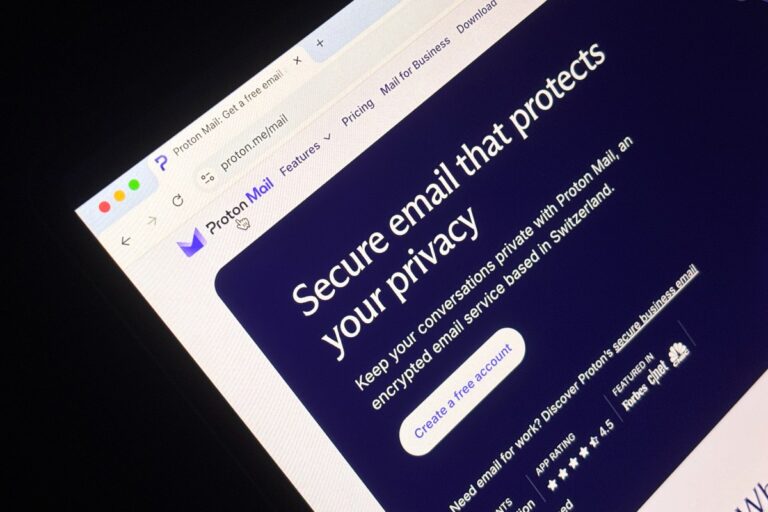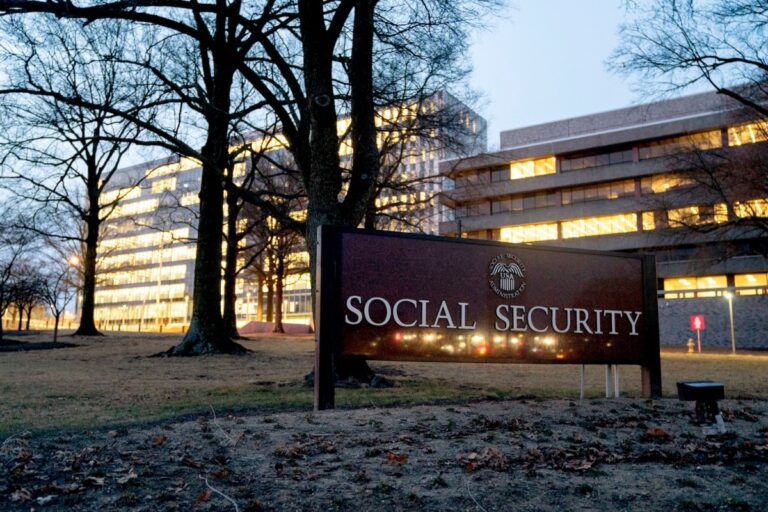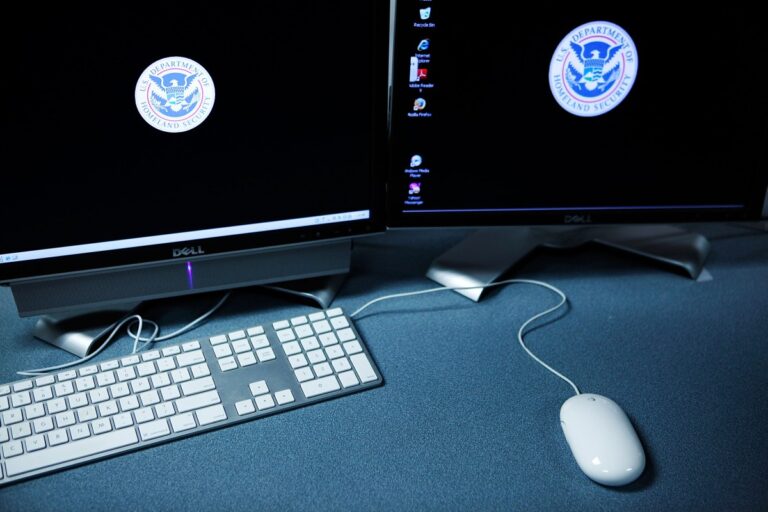
Similar Posts

Indian Court Issues Order to Block Proton Mail: Key Implications for Privacy and Communication
A recent ruling by the Karnataka High Court in India has led to a debate over the potential blocking of encrypted email provider Proton Mail, following a complaint from M Moser Design Associates about employees receiving obscene emails through the service. Justice M Nagaprasanna ordered the Indian government to consider blocking Proton Mail under the Information Technology Act 2008. Although the blocking has not yet been implemented, the government is exploring options to obtain sender information from Swiss authorities. This is not the first legal challenge for Proton Mail in India, as it faced scrutiny last year over alleged hoax bomb threats.

Casio Confirms Ransomware Attack: Personal Data of 8,500 Individuals Stolen by Hackers in October
In a recent cybersecurity incident, Casio, the renowned Japanese electronics manufacturer, revealed that personal data of nearly 8,500 individuals was compromised during a ransomware attack in October. This breach highlights the ongoing challenges faced by corporations in safeguarding sensitive information. Details of the Ransomware Attack On October 5, Casio fell victim to a significant ransomware…

Federal Judge Halts DOGE’s Access to Social Security Administration’s Personal Data Vaults
A federal judge has blocked Elon Musk’s Department of Government Efficiency (DOGE) from accessing sensitive systems at the Social Security Administration (SSA), citing significant concerns over data privacy and governmental oversight. U.S. District Judge Ellen Hollander criticized DOGE for its “fishing expedition” in fraud investigations, noting it failed to justify its need for access to personal data, including Social Security numbers and medical records. The ruling highlights potential violations of federal privacy laws and cybersecurity risks. Initially, SSA had granted DOGE access, prompting calls for greater accountability in handling sensitive public data.

Paragon Confirms U.S. Government’s Use of Their Spyware Solutions
Israeli spyware firm Paragon Solutions has confirmed it supplies technology to the U.S. government and allied nations, amid allegations of misuse against journalists and civil society members. Paragon’s chairman, John Fleming, stated the company enforces strict licensing policies that prohibit the unlawful targeting of such individuals, with a zero-tolerance policy for violations. The controversy heightened after WhatsApp alleged Paragon’s spyware was involved in hacking campaigns against 90 targets, including journalist Francesco Cancellato and activist Husam El Gomati. WhatsApp has since issued a cease and desist letter to Paragon, as concerns grow over the implications of its technology.

Trump Administration Makes Controversial Move: Dismisses Cybersecurity Review Board Members in ‘Shortsighted’ Decision
On January 21, 2021, the Department of Homeland Security (DHS) announced the termination of its advisory committees, including the Cyber Security Review Board (CSRB), raising cybersecurity concerns. Experts criticized the decision, highlighting its shortsightedness amid ongoing cyber threats from China. A CSRB member warned that halting the board’s review could jeopardize national security. The DHS cited resource mismanagement as the rationale for disbanding the committees, despite members being unpaid. Experts hope future appointments will prioritize merit over political affiliations. The CSRB’s critical role in analyzing significant cyber breaches underscores the need for effective cybersecurity strategies moving forward.

